In this ever-changing field, keeping up with the latest developments in programming languages, frameworks, and best practices is essential for delivering high-quality, maintainable, and secure software. Ongoing education enables us to anticipate emerging trends, explore innovative solutions, and refine our problem-solving skills. Staying up to date with new techniques enhances our expertise and ensures we remain valuable contributors. I believe that we should work to foster a committment to contuining education within ourselves and our peers.
This collection of books are ones that I continue to reach for and to recommend to my collegues.
Table of Contents
- Clean Code
- System Design Interview
- A Philosophy of Software Design
- The Pragmatic Programmer
- Ask Your Developer
- Accelerate: The Science of Lean Software and DevOps
- The Nature of Software Development
- Designing Interactions
- Solutions Architect's Handbook
- The Programmer's Brain
The links below are Amazon affiliate links. Purchasing any of these books helps fund more posts like these.
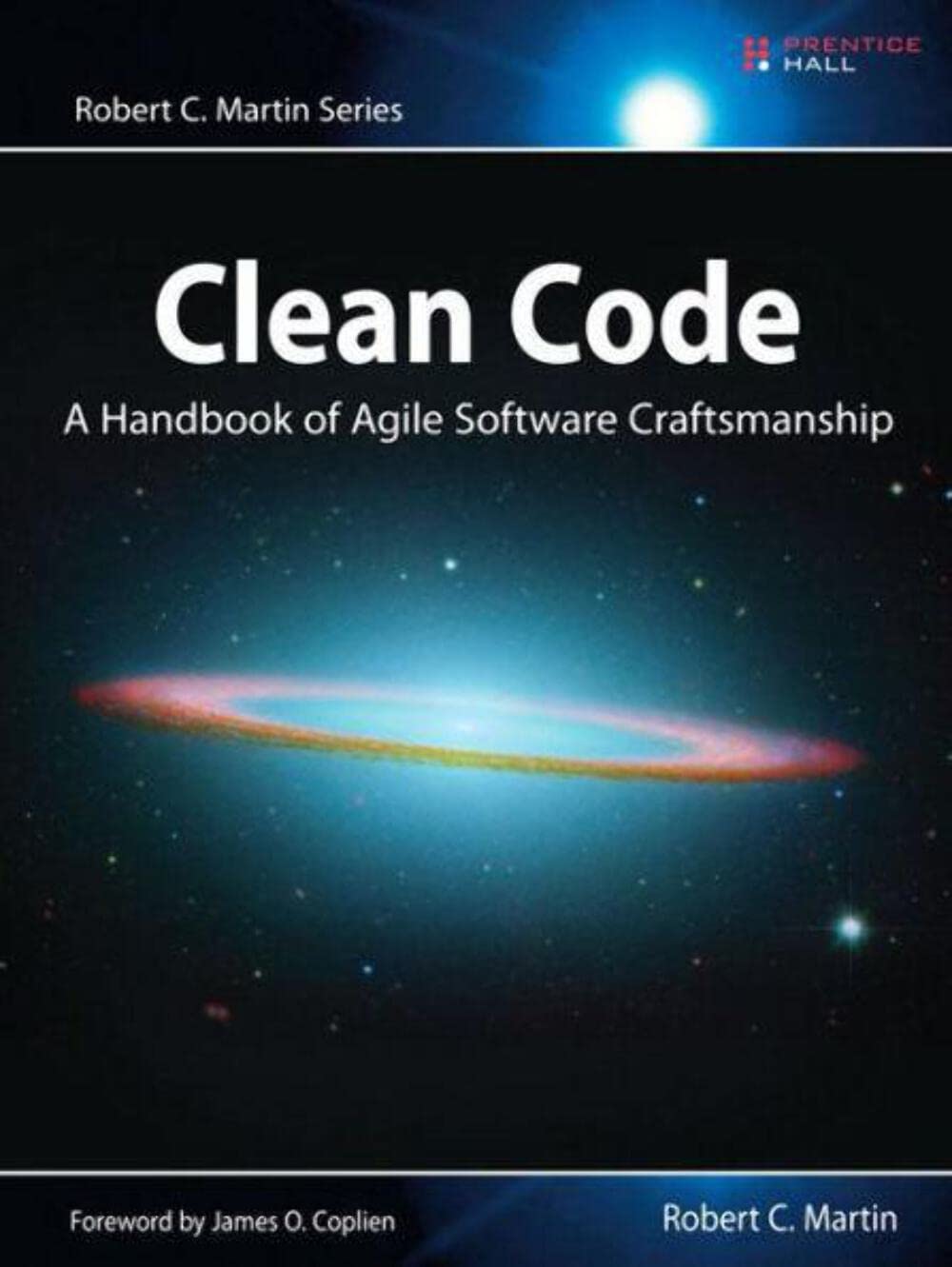
Robert C. Martin, 2008
Clean Code is a seminal work in software development, offering a comprehensive guide on writing maintainable, readable, and efficient code. Martin emphasizes the importance of code quality and provides practical techniques and principles for achieving it. He advocates for clear and expressive code that communicates its intent effectively. He delves into topics such as meaningful variable names, concise functions, and modular design. Martin’s book serves as a guide for developers looking to elevate their coding skills, with a focus on the art of crafting software that stands the test of time.
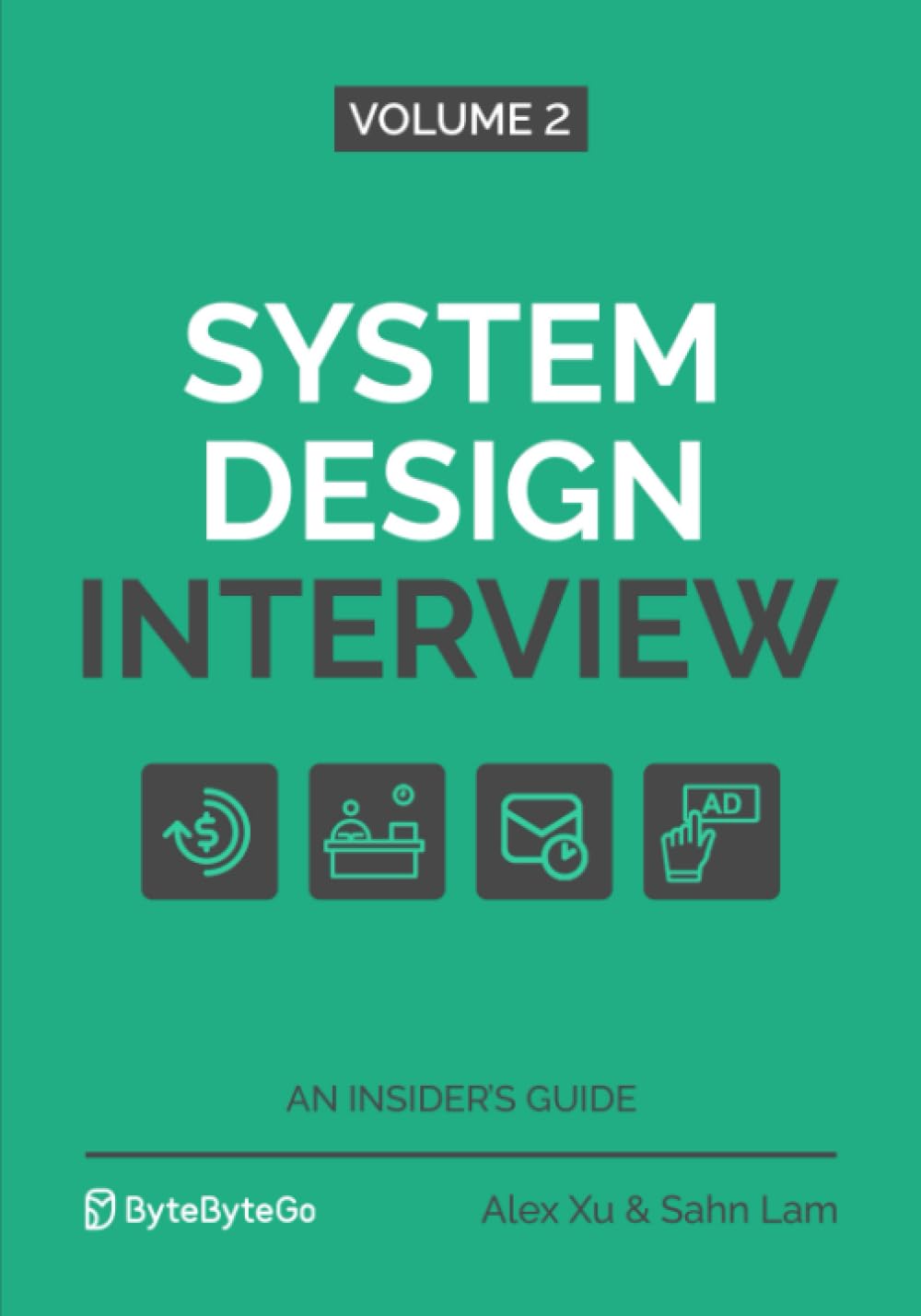
Alex Xu, Sahn Lam, 2022
System design interviews are a critical component of technical job interviews, and are often used to assess a software developer’s ability to design scalable and efficient systems. I consider this book to be the definitive approach to these kinds of interview questions. Beyond interviewing, this books offers practical approachs and advice for solving real world system design problems. The book has clear and details explanations and is a valuable resource for anyone working to improve their sysstem design skills.

John Ousterhout, 2018
A Philosophy of Software Design offers a comprehensive and insightful perspective on software development, emphasizing the importance of simplicity, clarity, and maintainability in code design. He underscores the significance of meticulous planning and offers a structured approach to crafting software that is not only efficient but also easy to manage and extend over time. This book is a must-read for software developers who value robust and maintainable code.
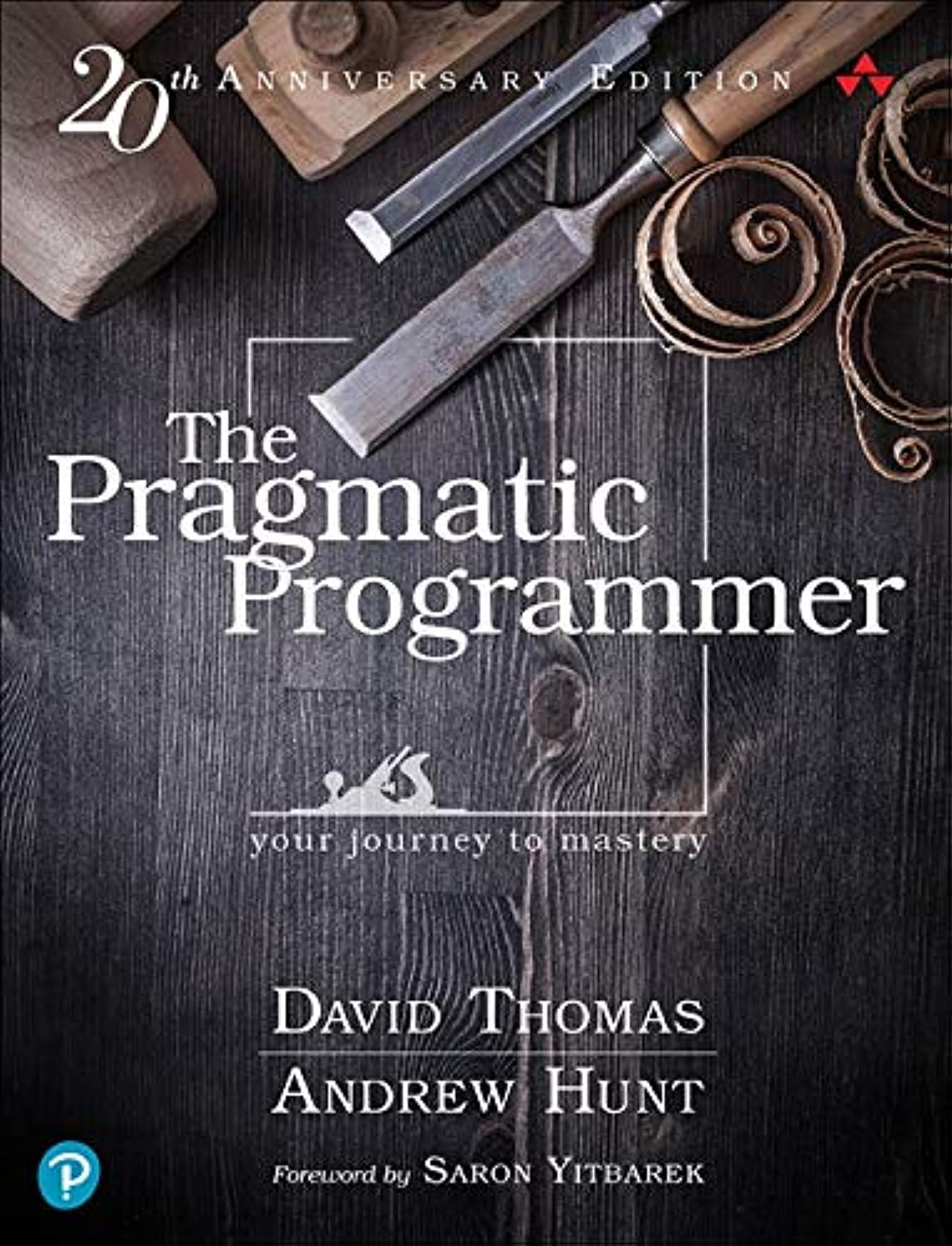
David Thomas, Andrew Hunt, 2019
This classic book offers timeless advice and practical insights for software developers. It emphasizes the importance of being a pragmatic and adaptable programmer, advocating for the use of good programming practices and techniques to enhance one’s productivity and code quality. The book covers a wide range of topics, including code organization, debugging, testing, and automation in a way that provides valuable guidance for both novice and experienced developers. With an emphasis on practicality and efficiency, “The Pragmatic Programmer” has is a favorite book of mine and I periodically open to a random page and re-review the materials.

Jeff Lawson, Eric Ries, 2021
This book is a little more about soft skills, but I think it is worth the time investment. “Ask Your Developer” is a thought-provoking book that highlights the important role software developers play in shaping the future of businesses and innovation. The book advocates for close collaboration between developers and non-technical leaders and emphasizesthe need for business leaders to understand and respect the expertise of developers.

Nicole Forsgren PhD, Jez Humble, Gene Kim, 2018
In this book, the authors highlight the importance of continuous integration, continuous delivery, and automation in fostering high-performance development teams. This book is a valuable resource for software developers and organizations looking to optimize their processes, accelerate software delivery, and achieve exceptional results in the fast-paced world of technology.
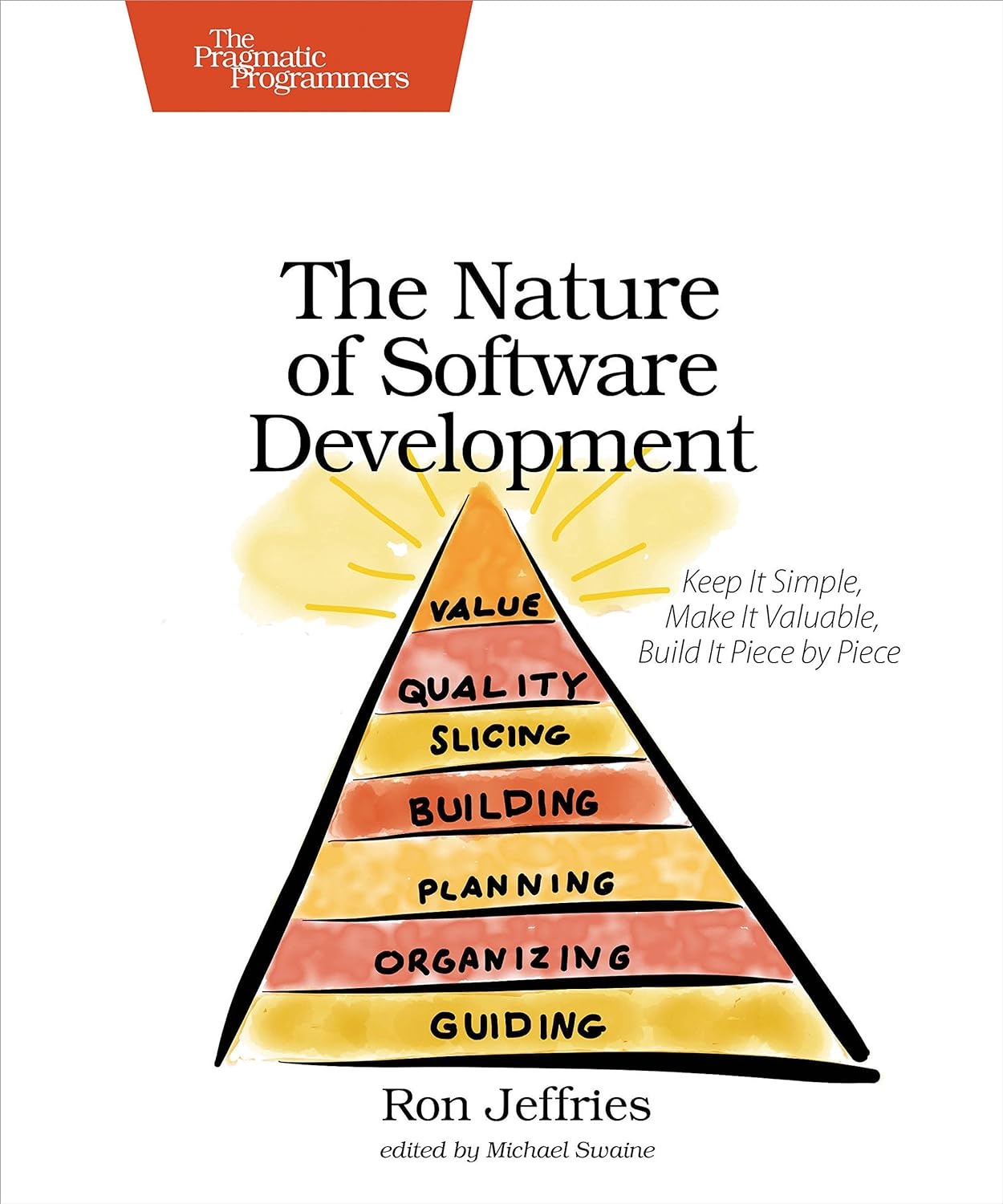
Ron Jeffries, 2015
This is a thought-provoking exploration of software development, emphasizing the significance of adaptability and agility in the field. Jeffries delves into the iterative and incremental approach to software development, highlighting the importance of collaboration and customer involvement.
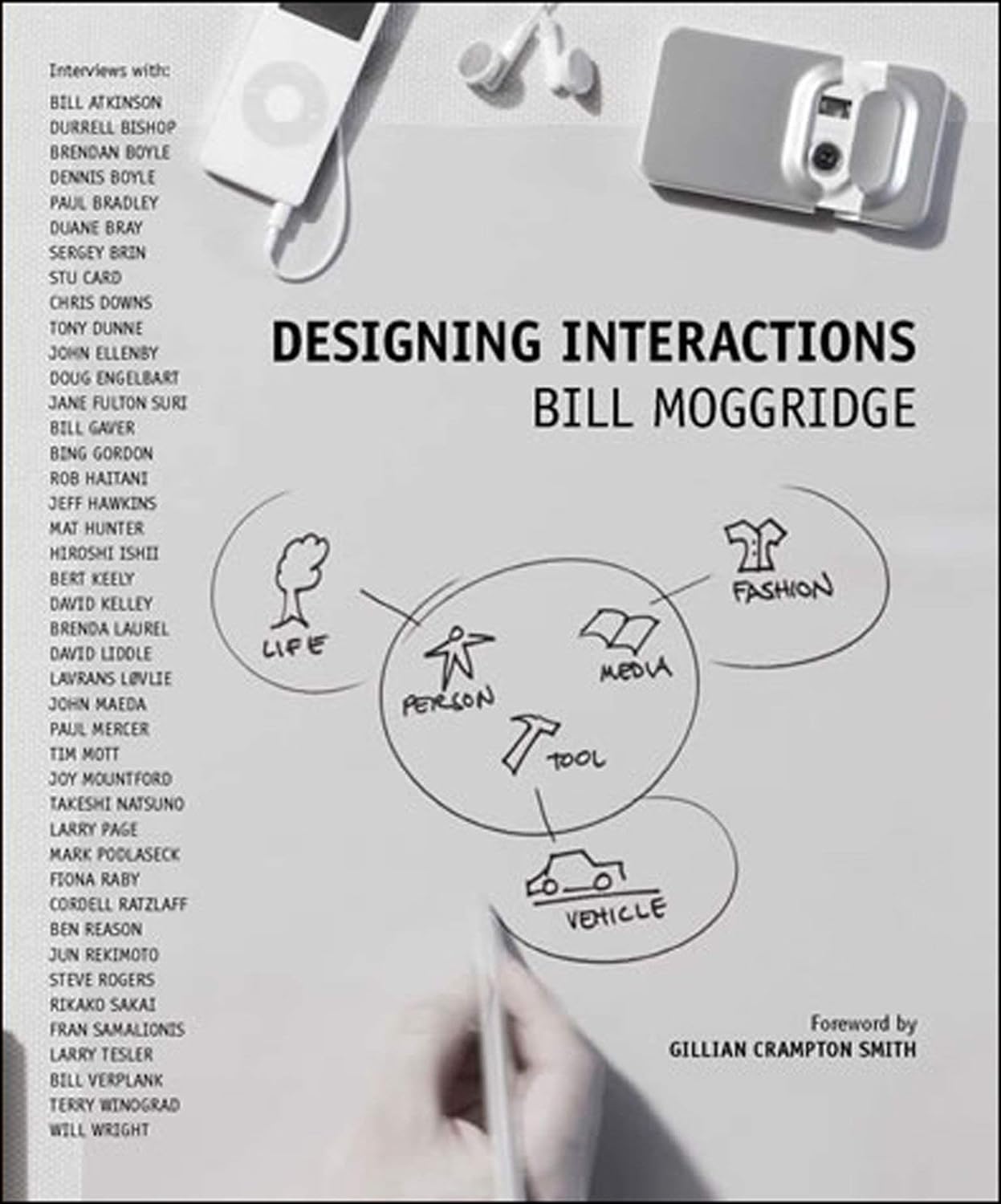
Bill Moggridge, 2007
This is a classic work that explores the art and science of designing experiences that will help you build more compelling applications. The book uses a combination of interviews and practical examples to examine how design impacts our daily lives. It focuses on the importantance of user centered design and serves as a valuable resource for software developers.
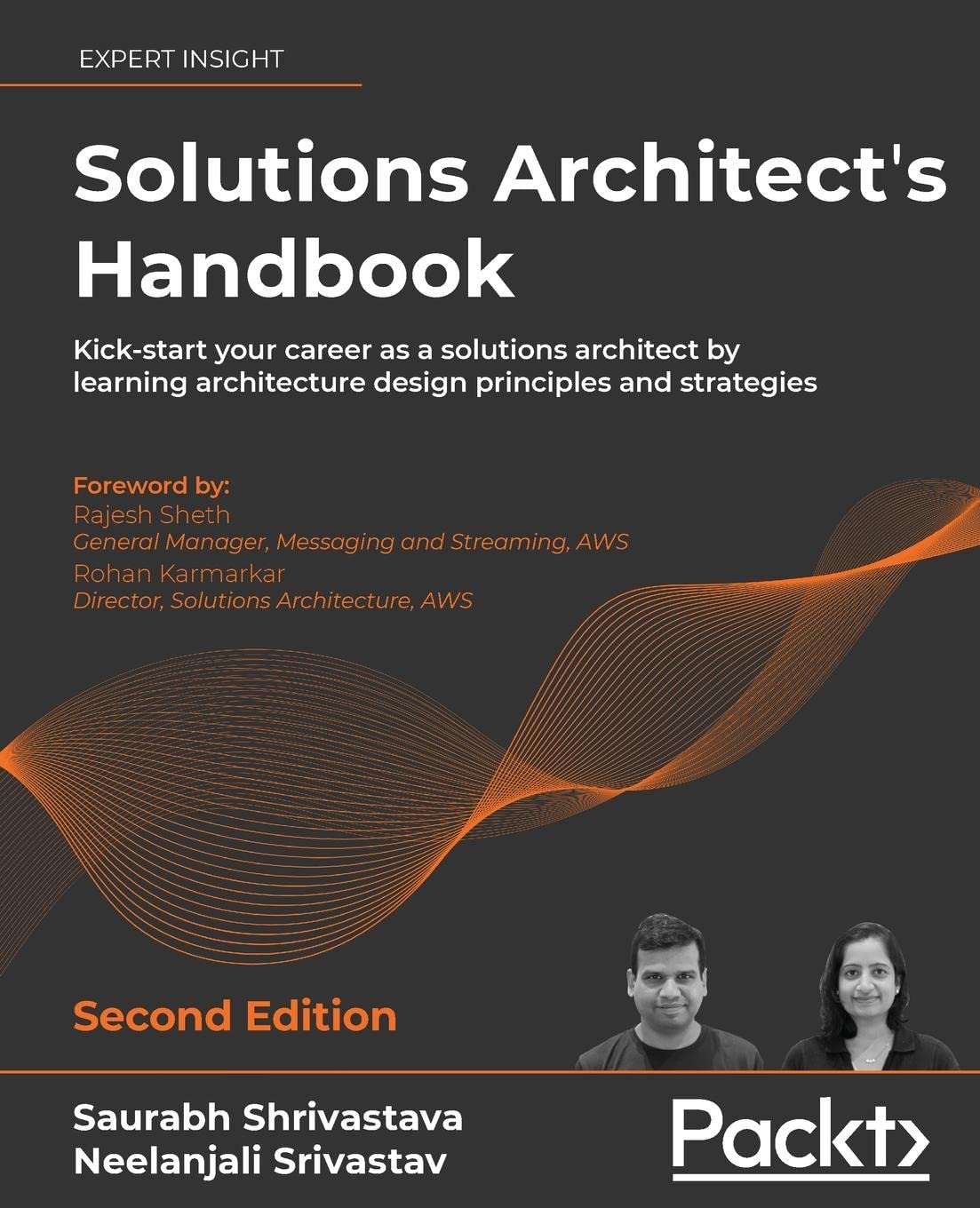
Saurabh Shrivastava, Neelanjali Srivastav, 2022
This approachable book is occasionally a little contrarian and at times challenenges some conventional approaches. It advocates for high quality well designed solutions. Some parts of the may not age well (AWS), but the general topics and approaches in the book are valuable. In particular, there is a section on soft skills that may be the most valuable - it’s part of the job that is easy to overlook and perhaps the hardest to master.

Felienne Hermans, 2021
The Programmer’s Brain delves into the inner workings of a programmer’s mind, offering insights into the cognitive processes that underlie software development. Hermans explores how programmers think, problem-solve, and approach code, shedding light on the mental strategies that lead to effective programming. This book offers us a deeper understanding into how we do this job and the thought processes that drive our craft.